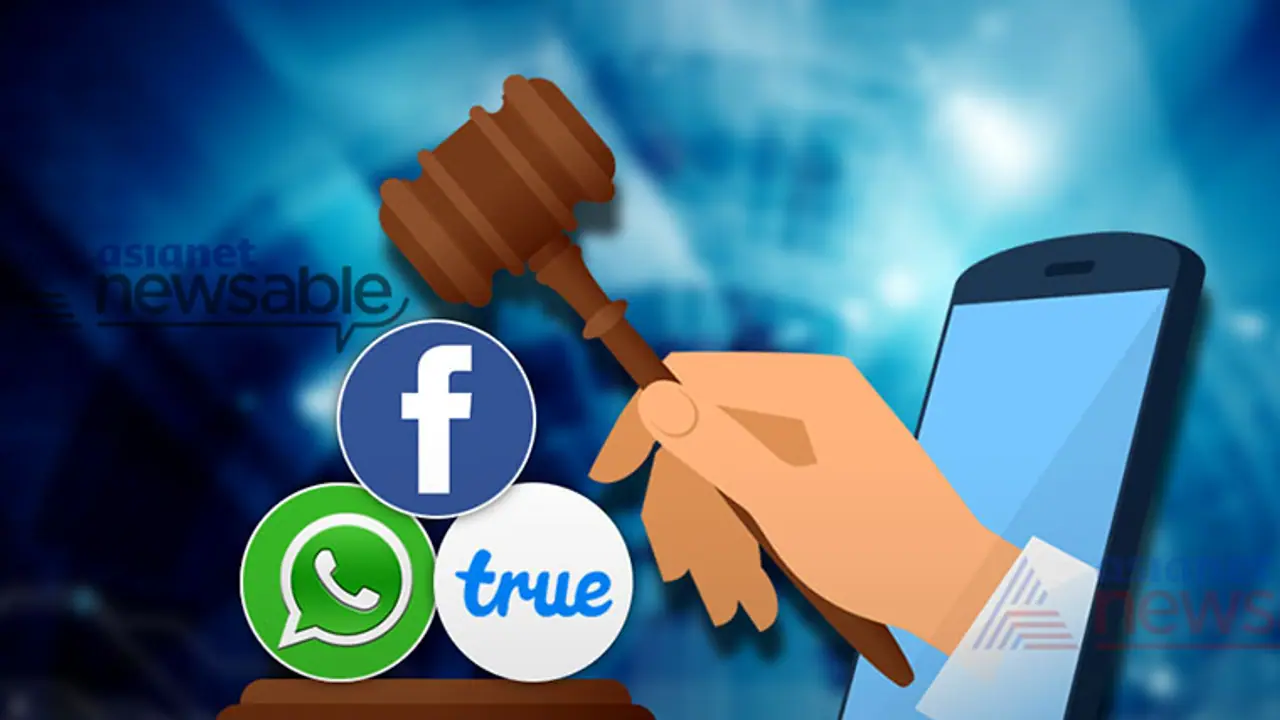WhatsApp created quite a stir when it announced changes to its privacy policy. Delhi High Court’s September 23, 2016, order allowed WhatsApp to roll out its new privacy policy. The new privacy law could have an impact on the validity of this WhatsApp policy.
While there isn't a legal definition for privacy, today, it is more like a human right after it has been declared a fundamental right under Constitution.

In democratic India, privacy was considered as a common law and not a fundamental right. If you are wondering what the difference is, then the former can be enforced via civil filing while the violation of latter can be questioned directly at High Court and Supreme Court.
Now, a nine-judge Constitutional bench of the Supreme Court has declared that privacy is a fundamental right like the right to life. This is a landmark move! A bit of the backdrop explanation tells us that in M P Sharma case,1954, an eight judge bench had said privacy isn't a fundamental right while in 1962 in Kharak singh's case the six-judge bench said that it is not a guaranteed right under our Constitution.
As termed a fundamental right, it would impact several other cases including the validity of the Aadhaar scheme on the grounds that it is violating the right to privacy. And also, criminalisation of homosexuality under the Section 377 as the relation will go under the ambit of privacy. It will also impact the validity of WhatsApp's new privacy policy that had shocked us all last year.
WhatsApp created quite a stir when it announced changes to its privacy policy. It came across as a rude shock as WhatsApp decided to share customer data with Facebook for better-targeted ads and friend suggestions, and also other third parties that will ease business and communications. Now, though it was against what founders Koum and Acton had promised back in 2014, there was nothing illegal about it.
Afterall, Facebook acquired WhatsApp for a whopping $19 billion, sooner or later we saw this coming. Clearly, allowing these companies to claim rights over the data of Indian citizens, something that is unimaginable in the markets under the European Union. For instance, data regulatory authority in Germany's Hamburg had passed an order directing WhatsApp to not share users' data.
Delhi High Court’s September 23, 2016, order allowed WhatsApp to roll out its new privacy policy. WhatsApp was allowed to share data with Facebook, but not that was collected before September 25, 2016. However, challenging the order, petitions have been filed against WhatsApp in which petitioners have opposed the policy to share user data with its parent Facebook on grounds of 'privacy'.
The new privacy law could have an impact on the validity of this WhatsApp policy that allows sharing your data with its parent company that had acquired it a couple of years ago. WhatsApp has argued, in the past, that it only shares phone numbers, device ID, registration details and the last seen status. But, that's enough of private data, isn't it?
While there is a need to protect the rights, India does not have any data protection legislation. Though consent was given by users, it is still debatable how much of it is valid. Unfortunately, the govt expects privacy violations in the case of WhatsApp and Aadhaar to be considered under different views.
It also further strengthens the right of a citizen to remain private and choose not to share his personal information or data with the State or any private parties. This would also imply with other Internet companies like Google, who are known to access user data for targeted ads. Could enforcing privacy as a fundamental right mean a roadblock to companies like Google and Facebook and other platforms extensively collecting user data?
